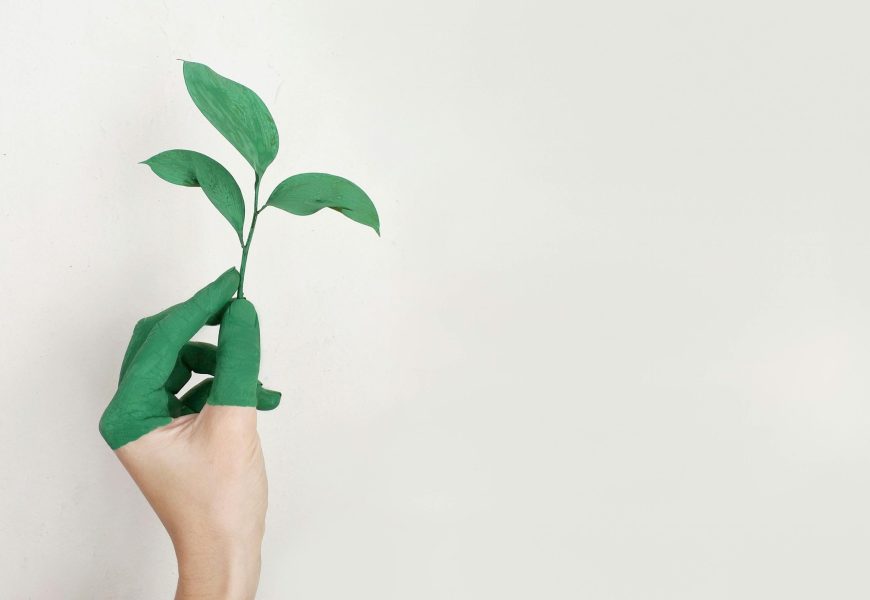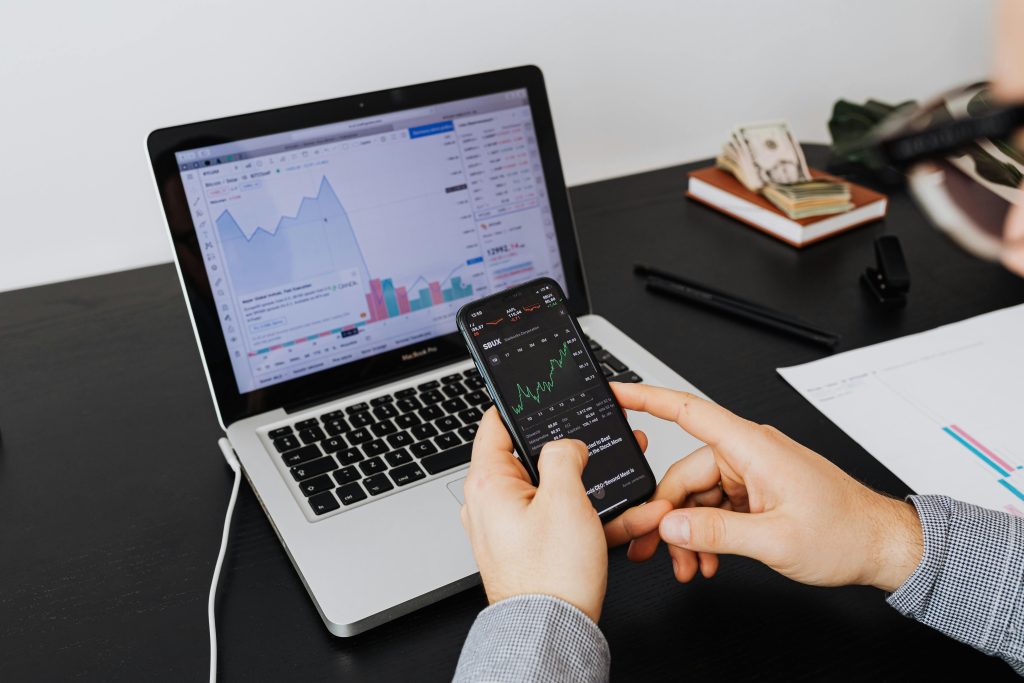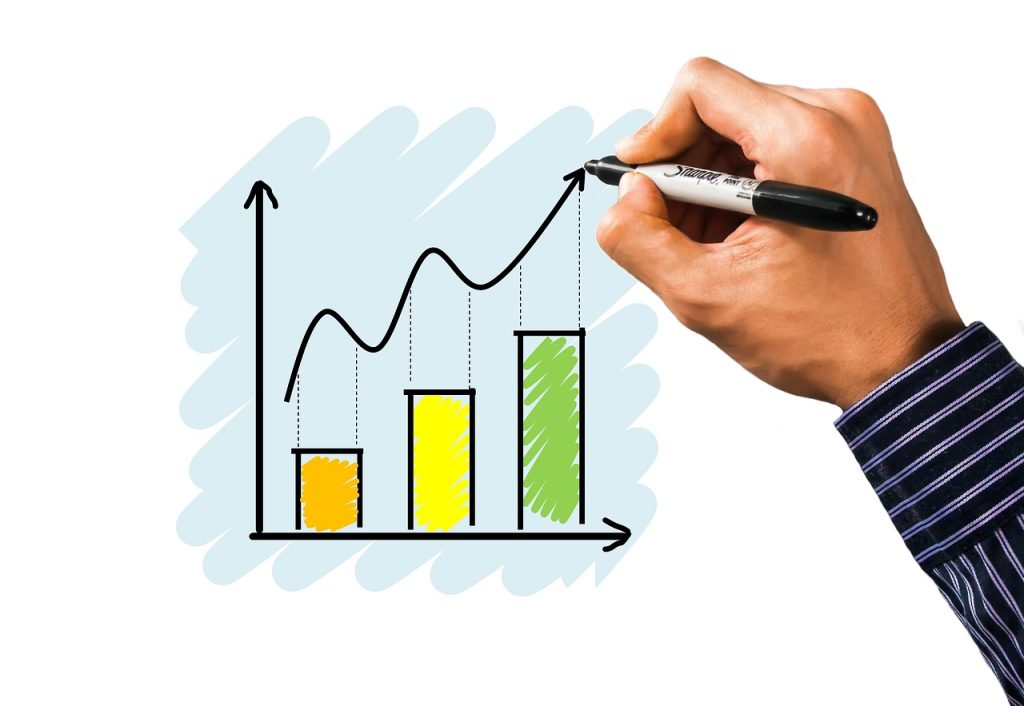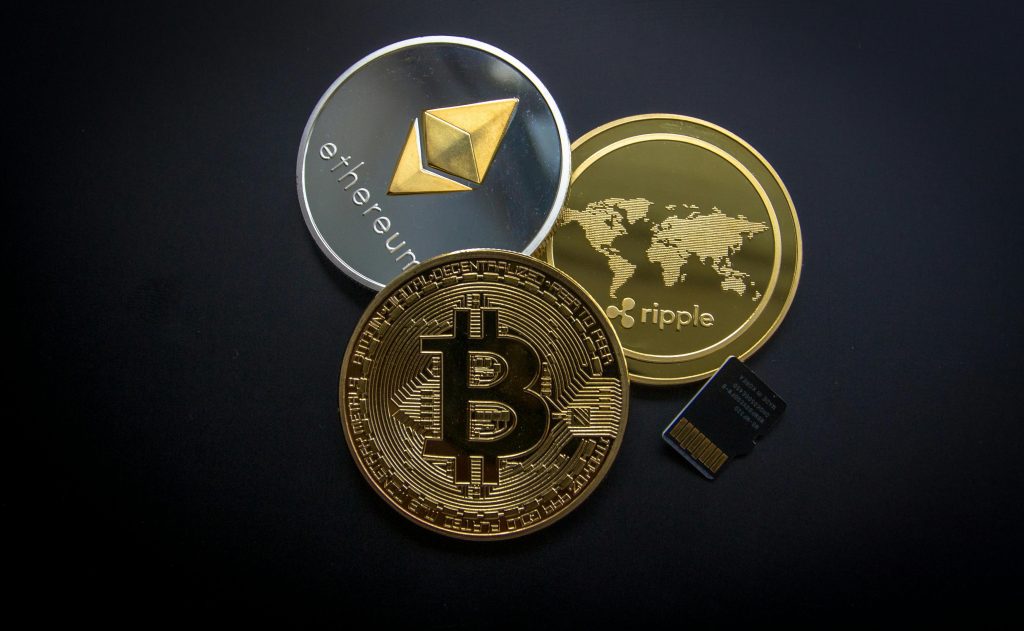ECONOMICS
The Green Economy and Sustainable Development: Opportunities for the Next Generation
As climate change accelerates and environmental degradation becomes more visible, a powerful shift is underway in how we think about economic growth. The traditional model—growth at all costs, fuelled by fossil energy and resource extraction—is being challenged by a new vision: the green economy. Focused on sustainability, innovation, and low-carbon development, the green economy represents both a moral imperative and a major economic opportunity. For young adults, this shift could redefine not just the future of work, but the future of the planet.
June 1, 2025
What Is the Green Economy?
The green economy refers to an economic system that is low-carbon, resource-efficient, and socially inclusive. It aims to reduce environmental risks and ecological scarcities while improving human well-being and social equity. Unlike traditional models that separate growth from environmental health, the green economy integrates sustainability directly into economic planning.
Key sectors include:
Renewable energy (solar, wind, hydro)
Sustainable transport (electric vehicles, public transit)
Circular economy practices (recycling, upcycling, waste reduction)
Green building and urban design
Climate adaptation and environmental restoration
This is not just about avoiding harm—it’s about actively building a more resilient and inclusive economy for the long term.
Why It Matters for Young People
The green economy is more than a trend—it’s the future. As governments, corporations, and communities around the world respond to climate change, the demand for green skills and innovation is growing rapidly. The International Labour Organization estimates that the green transition could create 24 million new jobs globally by 2030, offsetting losses in carbon-intensive industries.
For young adults entering the workforce, this means opportunities in emerging fields like sustainable engineering, clean energy finance, environmental data science, and green entrepreneurship. Many of these sectors are driven by digital innovation and social impact—values that resonate strongly with Gen Z and Millennials.
But beyond career prospects, young people have the most at stake. Rising sea levels, extreme weather, and resource shortages will disproportionately affect future generations. Engaging with the green economy isn’t just a smart career move—it’s a way to shape a liveable future.
Green Skills and Education
As the green economy expands, there’s increasing emphasis on the need for “green skills”—the abilities and knowledge required to work in sustainable sectors or contribute to environmental goals. These include:
Technical skills (e.g., installing solar panels, energy modelling, GIS mapping)
Analytical skills (e.g., lifecycle assessment, environmental auditing)
Soft skills (e.g., systems thinking, collaboration, ethical decision-making)
Educational institutions are starting to respond. Universities and TAFEs now offer programs in environmental science, renewable energy engineering, sustainable finance, and more. Some business schools are integrating ESG (environmental, social, and governance) factors into their curricula. Still, there is a gap between what’s needed in the workforce and what’s taught in classrooms—highlighting the importance of internships, industry partnerships, and upskilling platforms.
Innovation and Entrepreneurship
One of the most exciting aspects of the green economy is its openness to innovation. Young entrepreneurs around the world are launching startups focused on climate tech, carbon offsetting, sustainable fashion, plant-based food, and zero-waste products. With access to crowdfunding, impact investment, and digital platforms, the barriers to entry have never been lower.
At the same time, large companies are rethinking their models to remain competitive in a sustainability-focused world. This creates a space for young people not just as founders, but as intrapreneurs—employees who drive innovation from within.
Challenges and Equity Considerations
Despite its promise, the green economy faces real challenges. Transitioning to clean energy and sustainable practices involves significant upfront investment, retraining of workers, and political coordination. Without careful planning, it can also deepen inequalities—especially if disadvantaged communities are excluded from green jobs or bear the costs of transition.
That’s why sustainable development must be inclusive. This means ensuring access to green education and training, supporting just transitions for workers in legacy industries, and embedding climate justice in policy and practice.
How You Can Get Involved
Young people don’t need to wait for policy changes or job offers to engage with the green economy. You can:
Choose sustainable degrees or certifications
Support or work for environmentally responsible companies
Reduce personal consumption and waste
Advocate for green policy in your community or at your university
Launch or join sustainability projects or startups
The shift to a green economy isn’t just happening to us—it’s happening because of us.
The Future Is Green—and It Needs You
The green economy is not a niche alternative—it is fast becoming the foundation of 21st-century growth. For young adults, it offers the chance to align economic ambition with environmental responsibility. By developing the right skills, supporting innovation, and pushing for inclusive sustainability, this generation has the power to reshape the global economy—and protect the planet in the process.
Renewable energy (solar, wind, hydro)
Sustainable transport (electric vehicles, public transit)
Circular economy practices (recycling, upcycling, waste reduction)
Green building and urban design
Climate adaptation and environmental restoration
Technical skills (e.g., installing solar panels, energy modelling, GIS mapping)
Analytical skills (e.g., lifecycle assessment, environmental auditing)
Soft skills (e.g., systems thinking, collaboration, ethical decision-making)
Choose sustainable degrees or certifications
Support or work for environmentally responsible companies
Reduce personal consumption and waste
Advocate for green policy in your community or at your university
Launch or join sustainability projects or startups




